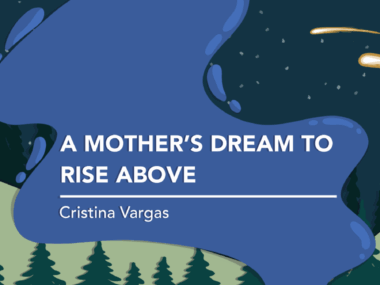Brineura Now Available Through NHS Scotland to Children With CLN2 Disease
Written by |

The Scottish Medicines Consortium (SMC) has recommended that Brineura (cerliponase alfa) — the first and only approved treatment for late infantile Batten disease, also known as CLN2 disease — be made available through the National Health Service (NHS) Scotland, the Batten Disease Family Association (BDFA) announced.
Brineura was one of the first therapies to be assessed under a new Scottish ultra-orphan medicine pathway that aims to facilitate patient access to medications for extremely rare diseases. Therapies going through this pathway can be made available through NHS Scotland for three years, before a decision on routine availability is reached.
The SMC’s new recommendation means that families in Scotland can now have easier and faster access to the medicine. Brineura was already available to patients in England and Wales through the NHS.
“Today is a life-changing day for families in Scotland who are affected by this tragic illness and those families who will be affected in the future,” Amanda Mortensen, CEO of the BDFA, said in a press release.
“We are so pleased that the Scottish Government has joined England and Wales in making the first ever treatment for CLN2 available to patients,” Mortensen said. “The process in Scotland is also welcome; in England it took several years for patients [to] receive treatment, resulting in patients deteriorating and families losing hope.”
Developed by BioMarin, Brineura is an enzyme replacement therapy (ERT) designed to slow the walking decline in patients with CLN2 disease. It is a man-made version of the human TPP1 enzyme, which is present in very low levels in this patient population.
The therapy is the first — and currently the only — approved treatment for CLN2 disease in both the U.S. and Europe.
Brineura is administered directly into the cerebrospinal fluid, the liquid that circulates in the brain and spinal cord, with a surgically implanted catheter. This treatment method allows Brineura to effectively reach the brain and spinal cord.
Data from previous clinical trials showed the therapy was effective at delaying disease progression, including slowing motor and language decline in children with CLN2 disease.
Better outcomes are expected for children who start treatment at a younger age.
Estimates indicate that 30-to-40 children in the U.K. have been diagnosed with CLN2 disease. Yet, the numbers of patients are likely higher due to the low awareness among family members and clinicians for signs of the disease. As a result of this lack of awareness, CLN2 disease is often diagnosed late, when patients are already severely disabled.
Now “it is hoped that, if NHS Scotland can work to improve clinical awareness of the signs and symptoms of Batten disease, this treatment will be able to help more children,” the BFDA wrote in its announcement statement.
“Nothing prepares you for the news of your child being diagnosed with Batten disease,” said Michelle Curran, the mother of Violet, a five-year-old girl with CLN2 disease who has been receiving Brineura.
“For us, Brineura has given us hope for the future, that so many families before us have not had. Since Violet has been receiving treatment, we have been blessed with skills returning that she had previously lost, mobility improving and parts of her personality creeping in again. We see Brineura as a miracle. It has given us the possibility of a future with our beautiful daughter,” she added.





